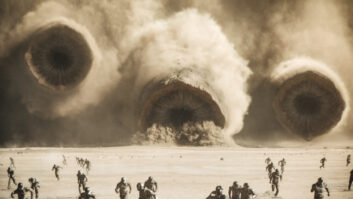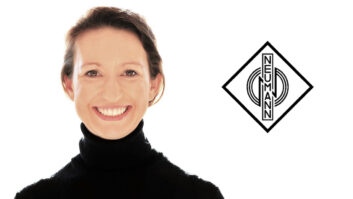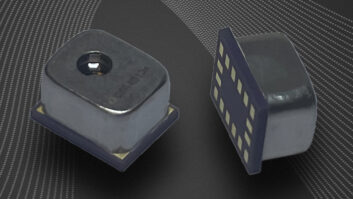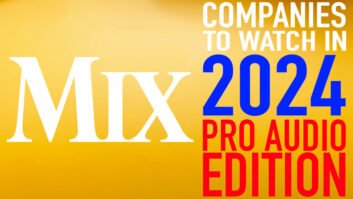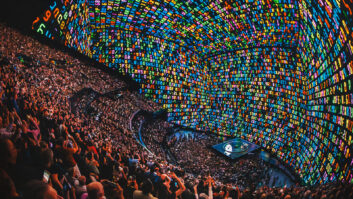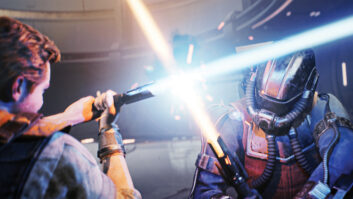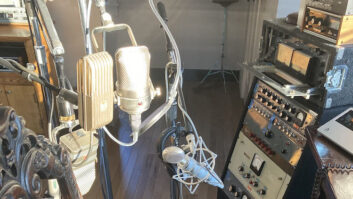Richard Barone initially made his mark as a singer/songwriter and frontman of The Bongos, an iconic, early-’80s band that put Hoboken, NJ’s music scene on the map. His new solo release, Glow, which is his first album of new material since 1993’s Clouds Over Eden, features Barone collaborating with legendary producer Tony Visconti (Brian Eno, David Bowie, T-Rex). The result is a well-crafted album of tracks that has one foot in the past and the other in the future. Glow is chock full of the melodic hooks, clever arrangements and tasteful vintage treatments you would expect from such a duo. Barone is a very “in the moment” kind of person and approached the recording spontaneously— always trusting his instincts.
On Working with Tony Visconti:
I was already involved with pop music at an early age as a DJ on the air, and when I got records, I always looked to see who produced them. The names on the records I loved the most were always either Tony Visconti or George Martin. I really felt Tony was the next generation after George Martin, and I always wanted to work with him. The sound of his records, like “Hot Love,” was exactly what I liked. They were pop, but there was an edge to them; they were rock, but they were produced with arrangements and sounds that I love. Then I noticed his name on other records by Badfinger, David Bowie, and I thought, “Wow, it’s the same guy.”
On this album, Tony and I started by writing songs, then we would demo them. I would come to the session with a feeling, and we would go from there. For example, when we did “Gravity’s Pull,” I literally felt the pull of gravity earlier that day. It was a very strange sensation, since I don’t often notice forces of nature like that. When I got to the studio, I said, “Hey, I’m feeling gravity’s pull.” We actually wrote the song from that thought; we knew it wasn’t just the words that would have to express this feeling, but the music, too. So the chords and intervals were used in a “tension and release” kind of fashion.
On Gear and Production Techniques:
During our sessions, there were always some amazing instruments around. Tony has kept all his instruments, including the upright electric Ampeg bass he played on Bowie’s The Man Who Sold the World, which we used on some songs. Also, we had the EMS Synthi that Brian Eno played on Heroes, Lodger and I believe on Low. It is a small briefcase synth, and was often Brian Eno’s one weapon when he went into sessions. We used it on “Yet Another Midnight,” and ran my eBow guitar through it. There were also a lot of Moog synthesizers around, and we also had a Mellotron, a tape-based sampling keyboard. Having all these instruments gave us a really great palette to work with.
Everything we did on Glow was part of one continual process: writing, arranging, recording and mixing. We never stopped to mix or record; we recorded as we wrote. The arrangements kind of grew around the singing and the guitar playing. It was very organic, and there was never a preconceived template for what we did.
On Vocal Performances and Gear:
My favorite mic to sing through is an RCA 77 ribbon microphone, which I got at an auction in the ‘80s. It was the vocal mic that had been at Radio City Music Hall. A lot of great singers must have sung through that mic, and I really think it picked up some of the vibe. The vocal sessions went very quickly, and I never had to do any more than three takes on a given track. Tony might have made me sing softer or something like that, but I generally have pretty good pitch and was hitting the notes. We didn’t do too much compositing, and I didn’t use any auto tuning.
On Digital Guitars:
I am very close with Gibson on their use of digital technology. When I strum a guitar, I like to hear each individual string. For years, I wanted to hear them separately so I could pan them out in true stereo—not just left and right, but the full 180 degrees around the stereo shape. Gibson had been developing a hex pickup for several years and had been refining it. Each string goes to its own discrete channel—you don’t hear any shadow of the other strings at all. So I can put a different effect or delay on each string; this guitar definitely made its debut on this album for me.
On the Importance of Listening:
I really trust my ears, and I listen very carefully. In my latest book, Frontman, there are a couple chapters on producing and recording. One of the most important points I make in that book is that you really have to trust your own ears. Sometimes things like plug-ins will work fine, and other times, they are completely wrong. You can’t rely on them as a template because they don’t always work in the same way for each individual thing that you are working on. If you are doing any work in music, you really have to listen; this is at least half of the work, if not more.
On Working “In the Moment”:
Glow just happened song by song. For example, on the song, “Candied Babes,” which is one of my favorite tracks, Tony had been recording another project and he had a drum that that he loved. I think he recorded it in a castle in Europe in this very cavernous space. He constructed a drum pattern for me and said, “Why don’t you write a song on top of this?” and that’s what “Candied Babes” came out of. All I had were drums—I sang on top of the drums, then figured out what chords I was singing to.
I don’t believe in keeping track of time—I like the idea of moving forward. This new album is my favorite in so many ways because of the way it was made so spontaneously. I always wonder what’s coming up next.
Jeff Touzeau is a musician, author and regular contributor to PSN. His latest album is Two Worlds Away (Hummingbird Sound).
